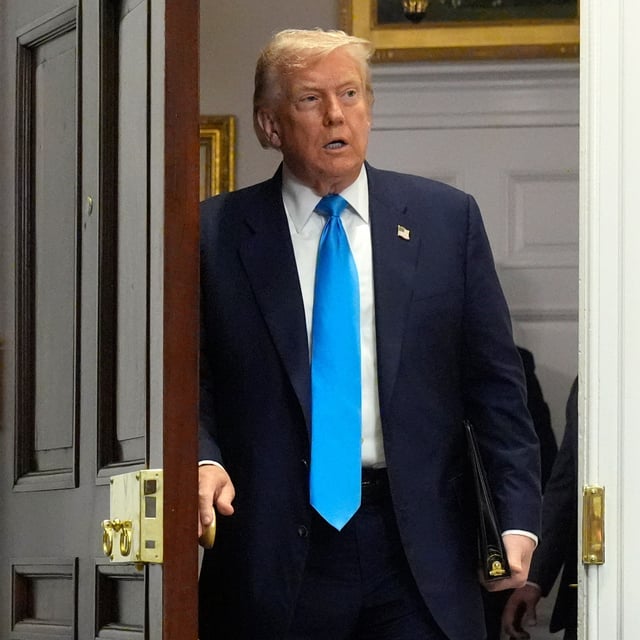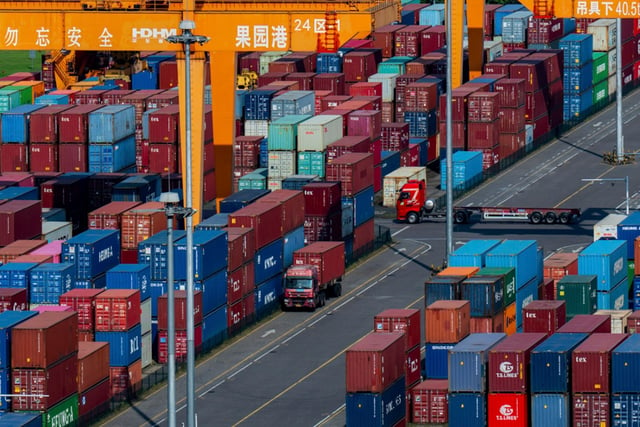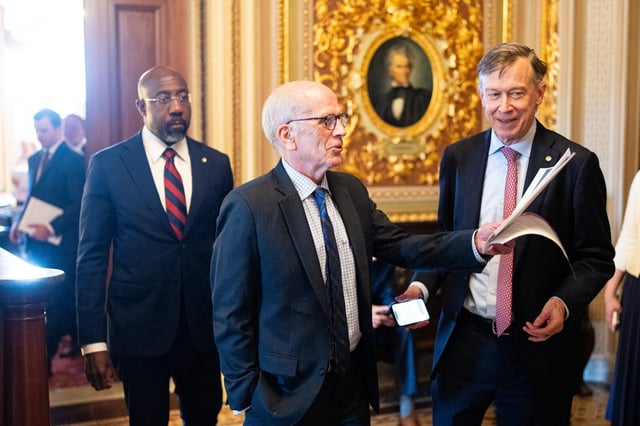Overview
- Eleven appeals judges at the July 31 en banc hearing expressed broad skepticism that the 1977 International Emergency Economic Powers Act, which never mentions tariffs, could underpin the ‘Liberation Day’ duties.
- Justice Department attorney Brett Shumate defended IEEPA’s grant of “broad and flexible” power to regulate imports, while plaintiffs’ lawyer Neal Katyal warned it risked an unprecedented unilateral expansion of executive authority.
- Judges challenged the administration’s view that longstanding U.S. trade deficits qualify as an “unusual and extraordinary threat,” with Chief Judge Kimberly Moore asking how levies on imports square with national security.
- The contested tariffs remain in effect under the Federal Circuit’s stay, and both sides expect the losing party to seek a final decision from the U.S. Supreme Court.
- The case’s outcome will define the separation of powers over tariff policy and leave businesses and trading partners in limbo as President Trump’s Aug. 1 deadline for new trade deals approaches.



